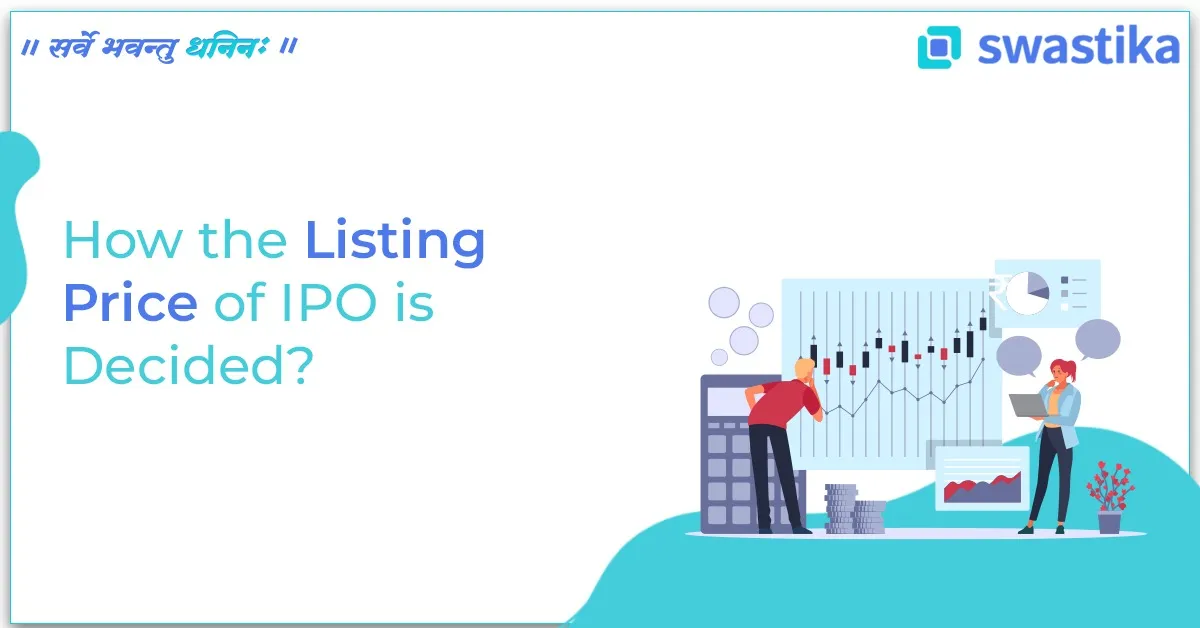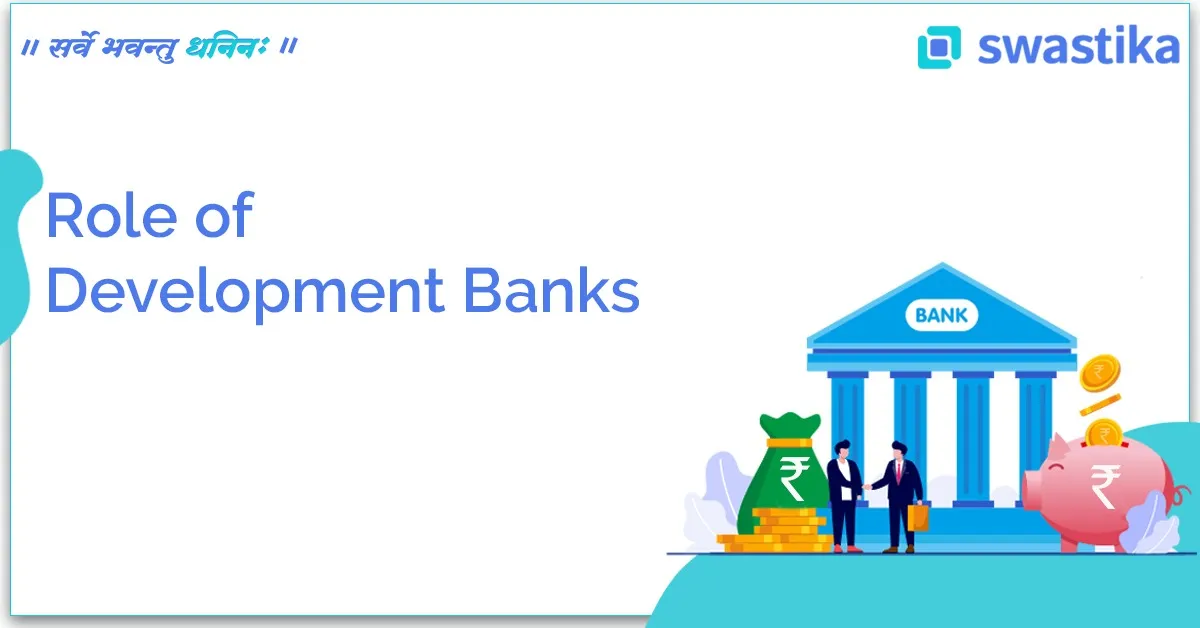Introduction:
Options and futures are two commonly traded financial instruments that offer investors opportunities for profit and risk management in the financial markets. While both options and futures involve contracts to buy or sell assets at specified prices on predetermined dates, they operate in separate ways and cater to different investment strategies. Understanding the differences between options and futures is essential for investors seeking to navigate these markets effectively and make good decisions about their investment portfolios. In this blog, we'll explore the key characteristics of options and futures, their respective advantages and disadvantages, and how they can be utilized in various trading strategies. Whether you're a beginner or an experienced trader, gaining a clear understanding of options and futures can empower you to make more confident and strategic investment decisions. So, let’s break down the basics of options and futures to help you understand how they differ.
What are Options?
Options are contracts that give the buyer the right, but not the obligation, to buy or sell an asset at a predetermined price (called the strike price) on or before a specified date (called the expiration date).
There are two types of options: call options and put options.
- Call Options: A call option gives the buyer the right to buy the underlying asset at the strike price before the expiration date. Let’s take an example, imagine you're interested in purchasing a call option for 100 shares of Company XYZ at a strike price of Rs.50 per share. If the stock price of Company XYZ rises above Rs.50 before the expiration date, you can exercise your option to buy the shares at the lower strike price.
- Put Options: A put option gives the buyer the right to sell the underlying asset at the strike price before the expiration date. For example, suppose you buy a put option for 100 shares of Company ABC at a strike price of Rs.60 per share. If the stock price of Company ABC falls below Rs.60 before the expiration date, you can exercise your option to sell the shares at the higher strike price.
What are Futures?
Futures, on the other hand, are contracts that obligate the buyer to purchase or sell an asset (such as a commodity or financial instrument) at a predetermined price on a specified date in the future. Futures contracts are standardized and traded on organized exchanges.
Consider a farmer who wants to lock in the price of wheat for next year's harvest. They could enter into a futures contract to sell a certain amount of wheat at a specified price per bushel. This allows the farmer to hedge against the risk of falling wheat prices.
Key Differences:
- Obligation: Options give the buyer the right, but not the obligation, to buy or sell the underlying asset, while futures contracts obligate the buyer to fulfill the terms of the contract.
- Flexibility: Options provide more flexibility because the buyer can choose whether or not to exercise the contract. Futures contracts have no such flexibility; they must be fulfilled according to the terms of the agreement.
- Risk: Options involve less risk for the buyer because they only risk losing the premium paid for the option. Futures contracts, on the other hand, expose the buyer to unlimited risk if the market moves against them.
Conclusion:
In summary, options and futures are both types of financial contracts, but they operate in different ways. Options provide the buyer with the right, but not the obligation, to buy or sell an asset, while futures contracts obligate the buyer to fulfill the terms of the contract. Understanding the differences between options and futures can help you make more thoughtful decisions when trading in the financial markets.


.png)




.webp)
.webp)

.webp)






